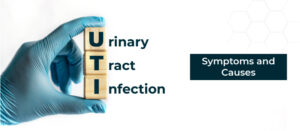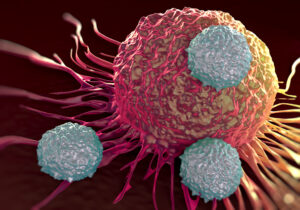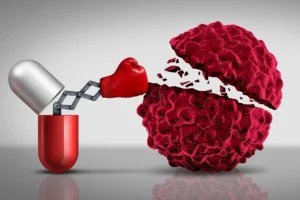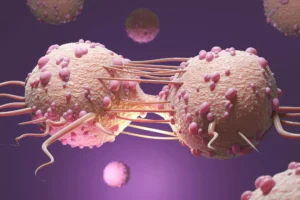Constipation
Constipation is when your bowel movements happen less often than normal or if your bowel movements are hard or painful to pass.
There are things you can do to prevent constipation, including the following:
- Drink at least 8 glasses of fluid every day, such as water, fruit, or vegetable juices, and other clear liquids, like broth, or sport drinks. Speak to your pharmacist or care team about oral rehydration solutions found over the counter at the pharmacy.
- Warm liquids, such as coffee and tea, may help.
- If you are able, try to stay active every day. Walking is a good form of exercise that is convenient and easy to do. Even short walks around the house can help keep your bowels moving.
- Eat foods that are high in fiber, such as fresh fruits and vegetables, whole grains, prunes, nuts, seeds, popcorn, and high-fiber cereals.
- Your doctor may recommend medications to prevent or treat constipation. Take your medication as directed by your care team.
Call your care team
Call your care team if you experience any of the following symptoms:
- You have pain in your stomach.
- You have not had a bowel movement in more than 2 days.
- You are unable to pass gas.
- You have pain in your rectal area.
- You have a fever over 100.4°F.
- You are having nausea or vomiting with your constipation.
- Your stomach looks swollen or feels hard to the touch.
Managing Constipation During Cancer Treatment
Constipation, a condition characterized by irregular or challenging bowel movements, can be managed through lifestyle changes and prescribed medications. However, it’s important to remember that you’re not alone in this journey. Your care team, including your doctor and other healthcare professionals, are here to support you. To prevent constipation, it’s recommended to ensure adequate hydration, engage in daily physical activity like walking, and consume high-fiber foods like fruits, vegetables, and whole grains. Warm liquids like coffee and tea may also help.
After considering all these factors, you are still not feeling well, your health care expert can prescribe you medications. It’s crucial to reach out to your care team if you experience abdominal pain, lack of bowel movement for over two days, inability to pass gas, rectal pain, fever above 100.4°F, or if constipation is accompanied by nausea, vomiting, or abdominal swelling. For personalized guidance, consider consulting North Houston Cancer Clinics for effective constipation management and overall well-being.







